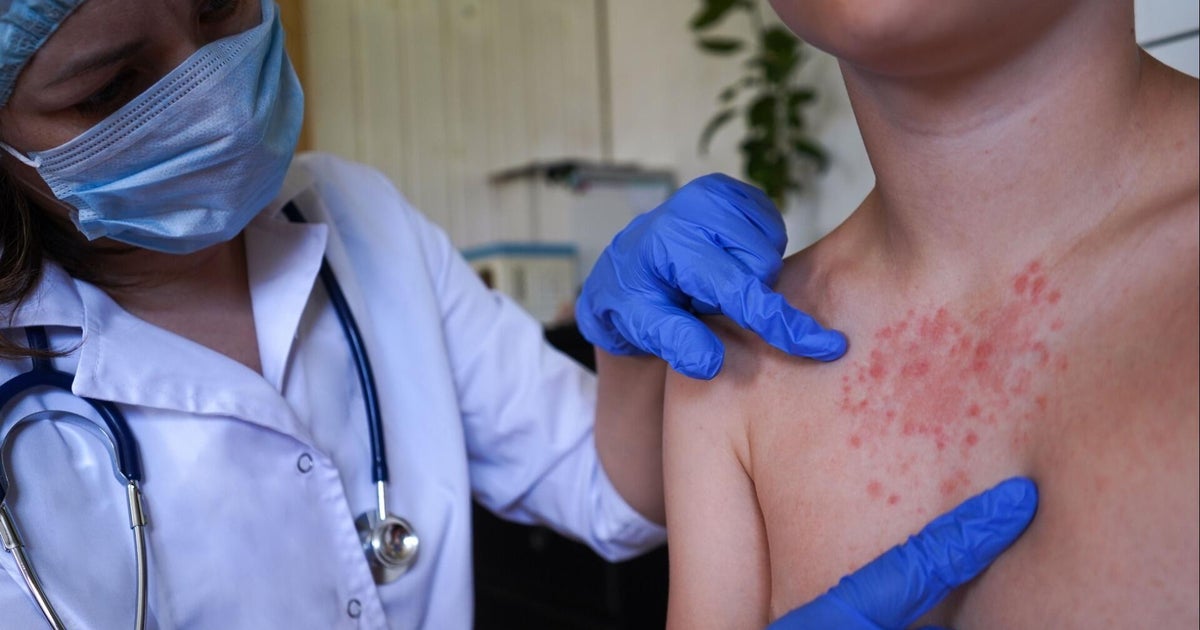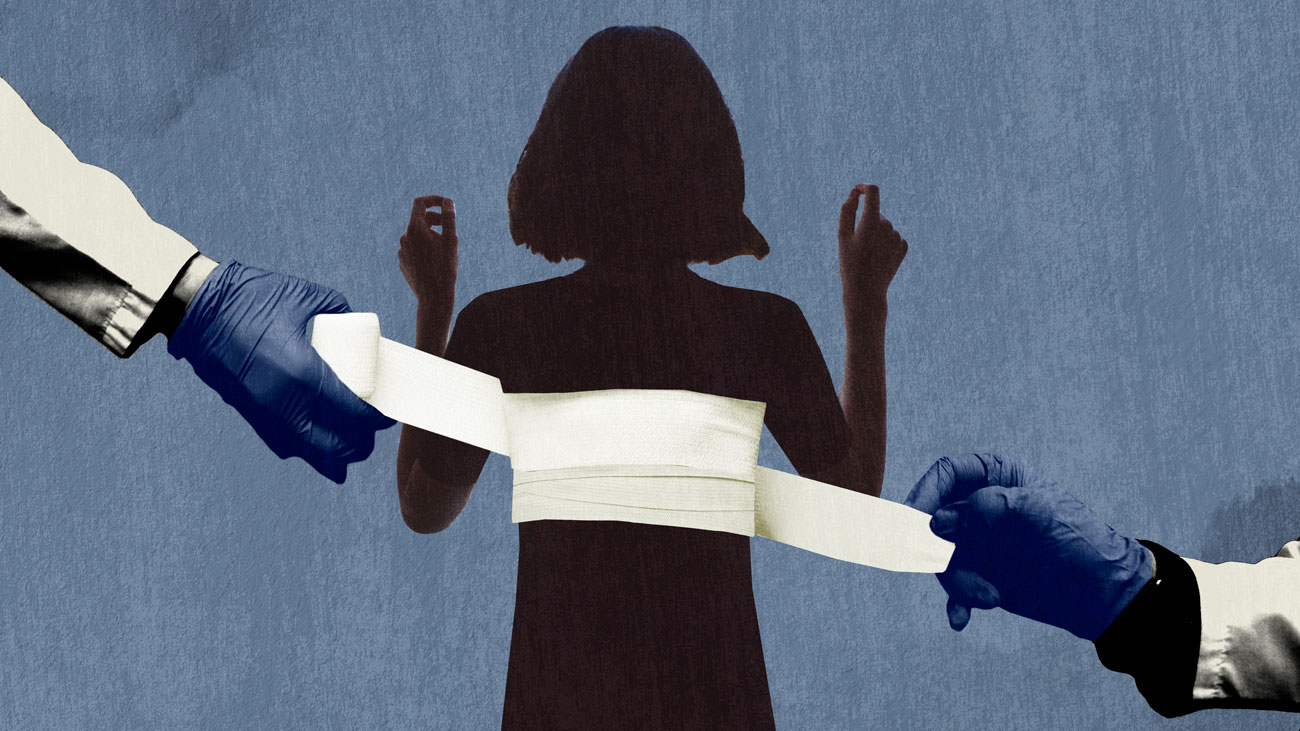The warning signs of suicide — and how to get help
Three headline-making deaths in recent days are raising new concerns about the risks for suicide. Two teens who survived the Parkland school shooting took their own lives, followed by the apparent suicide of a father whose child was killed in the Sandy Hook shooting. Their deaths come just months after the CDC reported suicide rates in the U.S. have risen nearly 30 percent since 1999.
A combination of individual, relationship, and societal factors contribute to the risk of suicide, health officials say. Mental illness, including depression and anxiety, is also a risk factor for suicide. But it's important to remember there isn't just one cause.
"A lot of very smart people are looking at this and saying it's multifactorial. We don't really understand why there's such an increase," CBS News chief medical correspondent Dr. Jon LaPook said on "CBS This Morning" last June, after the suicide deaths of Kate Spade and Anthony Bourdain. "One of the things we keep coming back to when these surprising events happen is you never know what is in somebody's head."
The CDC report found that other issues, including relationship problems, substance abuse, physical health problems, job- or money-related stress, legal or housing problems also contribute to suicide risk in some cases.
Warning signs of suicide
Health officials recommend that everyone familiarize themselves with the warning signs of suicide, which may include:
- A person thinking about or threatening suicide or seeking a way to kill themself.
- Increased substance abuse.
- Feelings of purposelessness, anxiety, being trapped, or hopeless.
- Social isolation and withdrawing from people and activities.
- Expressing unusual anger, recklessness, or mood changes.
Health officials also warn about the possibility of "suicide contagion" — meaning that people who are exposed to a suicide or attempted suicide within their family or friend group, or who hear about it in the media, may be at greater risk of suicide themselves.
How to get help for yourself or a loved one
If you are having thoughts of harming yourself or thinking about suicide, talk to someone who can help, such as a trusted loved one, your doctor, your licensed mental health professional if you already have one, or go to the nearest hospital emergency department.
If you believe your loved one or friend is at risk of suicide, do not leave him or her alone. Try to get the person to seek help from a doctor or the nearest hospital emergency department or dial 911. It's important to remove access to firearms, medications, or any other potential tools they might use to harm themselves.
For immediate help if you are in a crisis, call the toll-free National Suicide Prevention Lifeline at 1-800-273-TALK (8255), which is available 24 hours a day, 7 days a week. All calls are confidential.
The Disaster Distress Helpline at 1-800-985-5990, is also confidential, free and available 24 hours a day, 7 days a week. People can also text TalkWithUs to 66746 to connect with a trained crisis counselor.
Talking about suicide risk
If you are concerned a loved one is at risk of suicide, talk to them about it. Experts say you shouldn't be afraid to raise the issue.
"People tend to tip-toe around sensitive issues like suicide. You shouldn't. You're not going to prompt someone to do it by asking them," Dr. Jeffrey Lieberman, chairman of psychiatry at Columbia University's College of Physicians and Surgeons, told "CBS This Morning."
If you're worried about how to start the conversation, Lieberman offered some suggestions.
Say things like "I noticed you've been looking down, or I've noticed you've said things that seem like you're really not as motivated towards life," he said.
Then ask if there is a problem or if there's anything they want to talk about.
"If they say something like 'I feel like my life is really empty,' say 'we need to get help,'" Lieberman said.
This is an updated version of a story that was originally published June 8, 2018.



